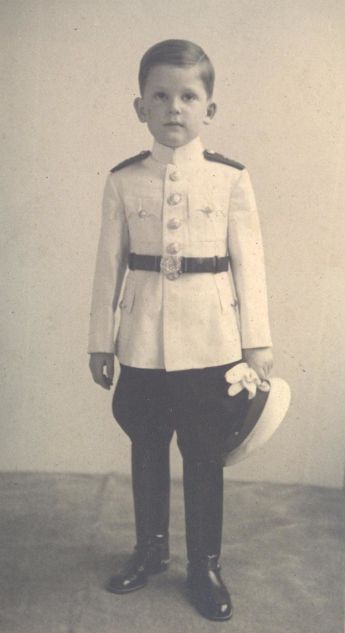On 9 September 1946, the preliminary results of the referendum on the establishment of the People's Republic of Bulgaria were finalised. Bulgaria held this referendum precisely two years after Soviet troops entered the country, and the Fatherland Front, a coalition of left-wing forces led by the Communists and Georgi Dimitrov, assumed power in the liberated territories.
According to state protocol, a total of 4,132,921 people took part in the voting, 3,833,183 voted in favour, 175,231 voted against, with 124,507 ballots declared invalid (blank or spoiled). The referendum was thus approved by 95.6 % of the electorate, which voted for the abolition of the monarchy and the introduction of a socialist order. Following the results of the referendum, Bulgaria was proclaimed a People's Republic, and in November 1946, Georgi Dimitrov became head of the new government. On 4 December 1947, the Grand National Assembly adopted a new constitution, which was soon to be called the “Dimitrov Constitution”.
The last monarch of Bulgaria, the nine-year-old King Simeon II, or, according to his civil passport, Simeon Borisov von Saxe-Coburg-Gotha, would be sent into exile in Egypt and later in Spain. He would return to Bulgaria after the overthrow of the Communist regime and, following democratic elections in which he participated as a common citizen, would head the Bulgarian government from 2001 to 2009.
Source:
























